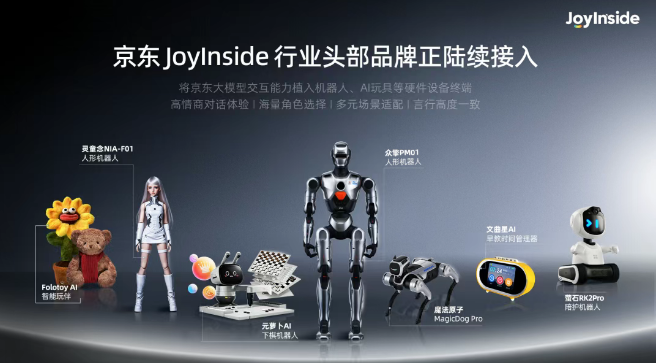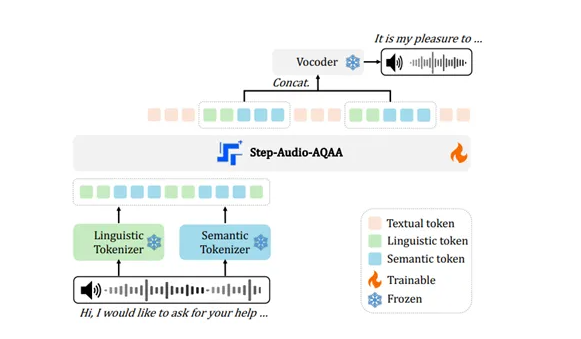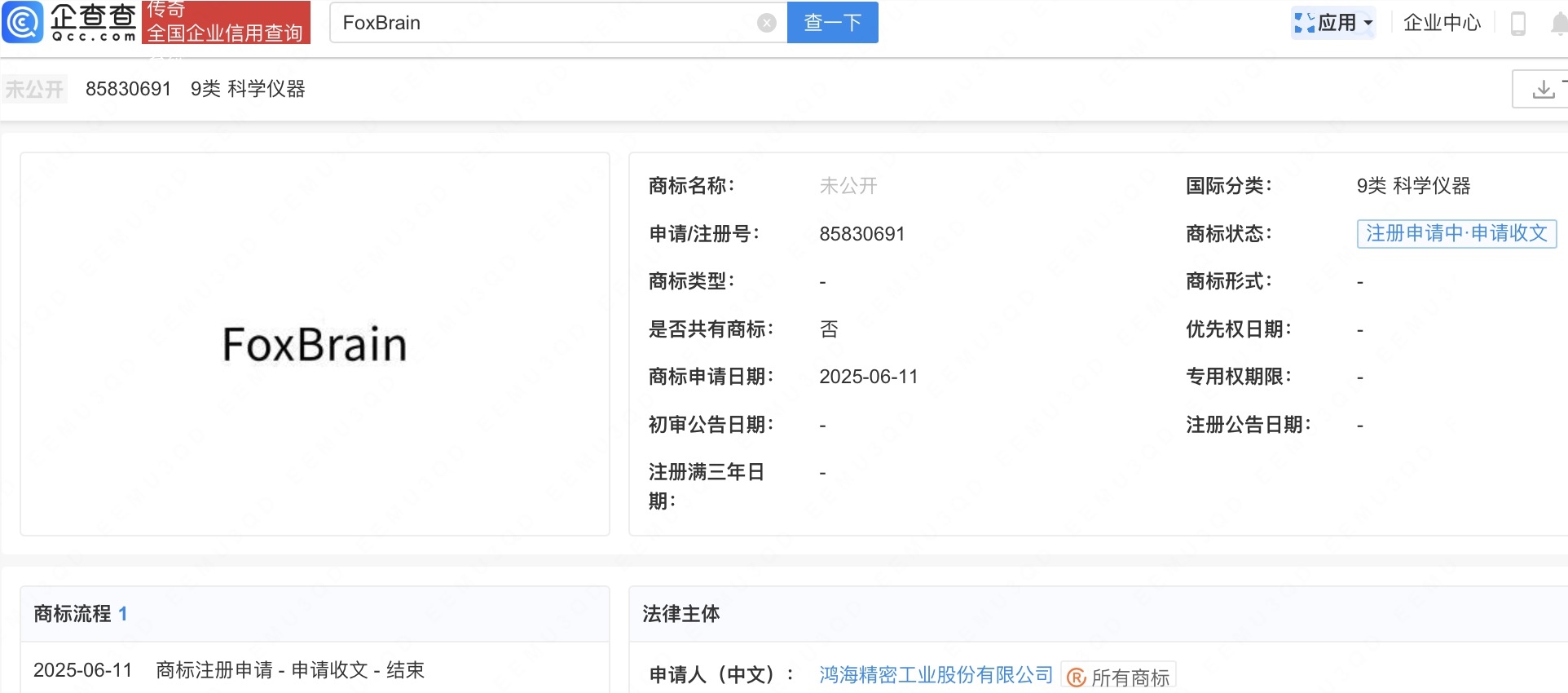Recently, LG's AI Research Department announced the launch of Exaone3.0, the first open-source artificial intelligence model in South Korea. This model boasts 7.8 billion parameters and demonstrates exceptional performance in both Korean and English tasks, aiming to accelerate AI research and build a robust AI ecosystem in South Korea.

LG is renowned for its consumer electronics, and this strategic shift indicates its ambition to establish a presence in the field of AI innovation. By open-sourcing Exaone3.0, LG not only showcases its technological prowess but also potentially opens new revenue streams for cloud computing and AI services.
The release of Exaone3.0 comes at a time when global AI competition is intensifying. Its competitors include open-source AI models like Alibaba's Qwen and the UAE's Falcon. Qwen received a significant update in June and currently serves over 90,000 enterprise customers, performing exceptionally well on platforms like Hugging Face, surpassing Meta's Llama3.1 and Microsoft's Phi-3. Meanwhile, the UAE's Falcon2 claims superior performance over Meta's Llama3 in multiple benchmarks.
LG's open strategy mirrors that of Chinese companies like Alibaba, which also promote cloud business growth and commercialization through open-source AI. By offering a powerful open-source model, LG is expected to attract developers and businesses to build applications on its platform, thereby driving widespread adoption of its AI and cloud infrastructure.
In terms of performance, LG claims that Exaone3.0's inference time is reduced by 56%, memory usage is lowered by 35%, and operational costs are cut by 72%. These improvements are crucial in the competitive AI market. The model has been trained on 60 million professional data entries (covering patents, code, mathematics, and chemistry), with plans to expand to 100 million entries by the end of the year, demonstrating LG's commitment to creating a versatile and powerful AI system.
The success of Exaone3.0 could reshape the AI market landscape, bringing diversified AI and cloud service revenues to LG, and allowing South Korea to make its mark on the global AI stage. The普及 of open-source code will also make advanced AI technology more accessible, fostering innovation across various industries and regions.
In the coming months, the impact of Exaone3.0 will not only be reflected in its technical specifications but also in whether it can inspire developers, researchers, and businesses to collectively harness its capabilities, forming a thriving ecosystem.
Paper link: https://arxiv.org/pdf/2408.03541
Key Points:
🌟 LG launches Exaone3.0, the first open-source AI model in South Korea, driving the development of the national AI ecosystem.
📈 Exaone3.0 competes with multiple global open-source AI models, aiming to enhance technical strength and market position.
💡 The open-source strategy will help LG expand its cloud computing business and attract developers and businesses to use its platform.








